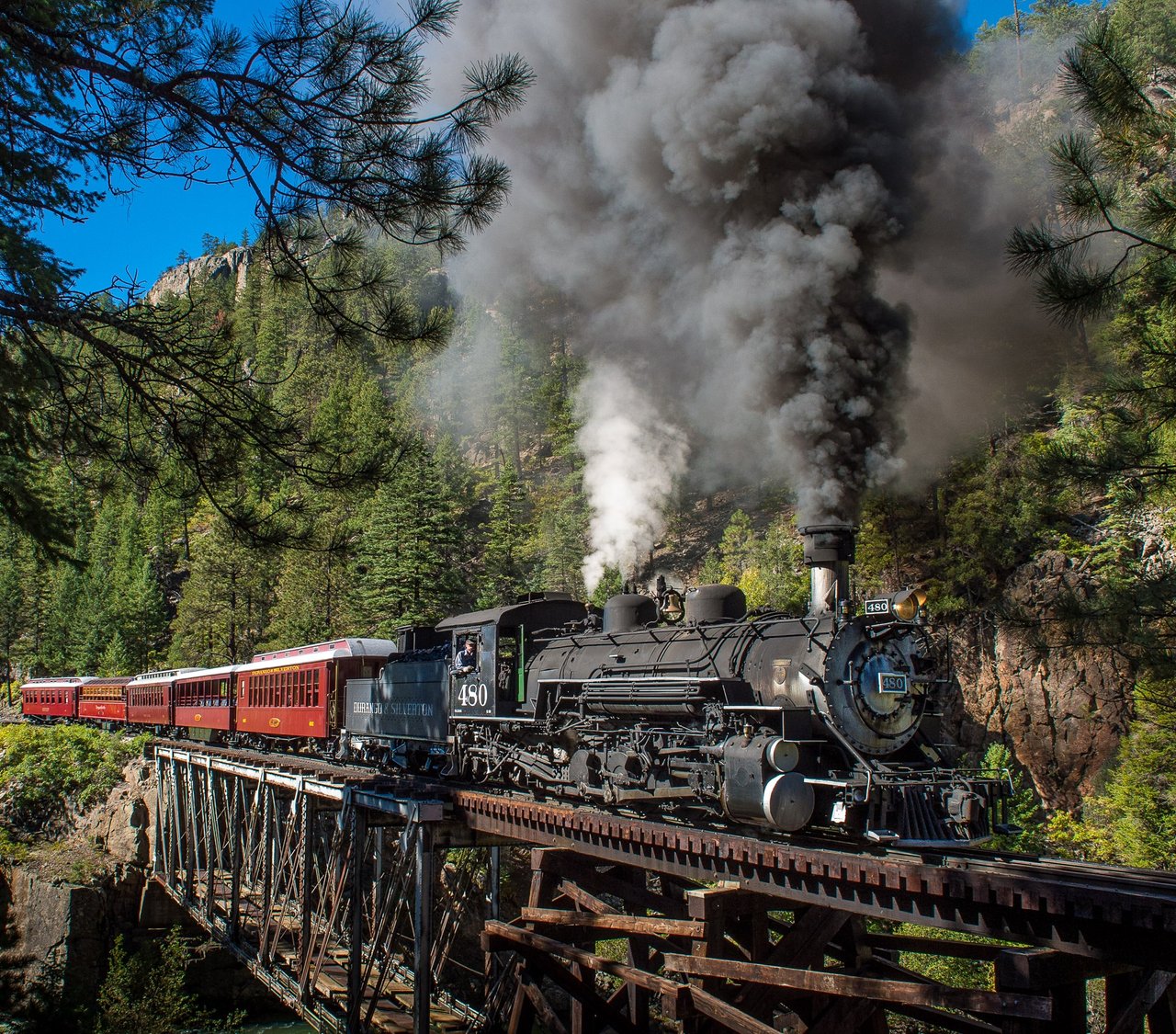LeoGlossary: Railroad (Industry)
0 comments

The railroad industry, also known as the railway industry, is a sector of the economy that deals with the transportation of goods and passengers by rail. Railroads are companies that operate trains, which are self-propelled vehicles that run on rails, also known as tracks. The railroad industry is responsible for the construction, maintenance, and operation of railroad infrastructure, including tracks, locomotives, and rolling stock.
The railroad industry has a long history, dating back to the early 19th century, when steam locomotives were first introduced. Over the years, the industry has evolved, and today, it plays a crucial role in the global economy, transporting goods and people across long distances.
The railroad industry can be divided into several subsectors, including:
- Freight: These railroads specialize in transporting goods, such as coal, oil, grain, and other commodities. They operate on a large scale, often connecting cities, states, and even countries.
- Passenger: These railroads specialize in transporting people, either within or between cities. They can be publicly or privately owned and operate on a variety of scales, from local commuter trains to long-distance high-speed trains.
- Tourist: These railroads cater to tourists, offering scenic rides through popular destinations, such as national parks, historic sites, or resort areas.
- Heritage: These railroads preserve historic railroad equipment and offer rides that recreate the experience of traveling by train during a specific time period or era.
- Rapid transit: These railroads operate within urban areas, providing fast and efficient transportation to large numbers of people. They are often integrated with other forms of public transportation, such as buses and subways.
The railroad industry is subject to various regulations and safety standards, and it relies heavily on technology, including advanced signaling systems, communication networks, and high-performance locomotives. The industry also faces challenges, such as competition from other modes of transportation, environmental concerns, and infrastructure funding.
Imagine a giant spiderweb of steel snaking across continents, carrying everything from cars and tourists to coal and lumber. That's the essence of the railroad industry, a complex and vital sector transporting goods and passengers over long distances using trains on tracks.
Think of it in three layers:
1. The Iron Backbone:
- Tracks of steel stretching for thousands of miles, crisscrossing mountains, valleys, and even oceans through tunnels.
- Signals and switches) like traffic lights for trains, ensuring safe and efficient journeys.
- Stations, the bustling hubs where cargo and passengers embark and disembark.
- Powerful locomotives, the engines that pull or push trains, chugging on diesel, electricity, or even batteries.
- Rolling stock, the cars and wagons carrying the diverse cargo and passengers – from specialized freight cars to comfy passenger coaches.
2. The Engine of Commerce:
- Freight: The industry's workhorse, hauling massive quantities of materials and goods. Think coal for power plants, lumber for construction, or finished products for stores.
- Passenger: Connecting cities and towns, offering a scenic and comfortable travel alternative. High-speed rail in some countries rivals airplanes for speed and convenience.
- Maintenance: Keeping the iron backbone, locomotives, and rolling stock in top condition is crucial for smooth operations.
- Logistics: Planning and coordinating train movements, optimizing routes, and ensuring timely delivery are vital for efficiency.
3. The Impact Beyond the Tracks:
- Economic Engine: The industry creates jobs in construction, operation, maintenance, and related fields, supporting other industries through efficient transportation.
- Green Champion: Compared to road transport, rail is generally more energy-efficient and emits fewer emissions, contributing to sustainability efforts.
- Social Connector: Connecting communities and enabling travel and tourism, the railroad industry plays a vital role in societal well-being.
General:
Posted Using InLeo Alpha
Comments